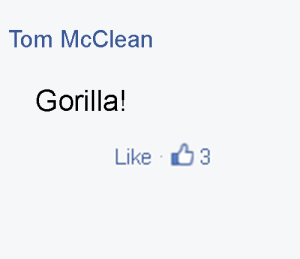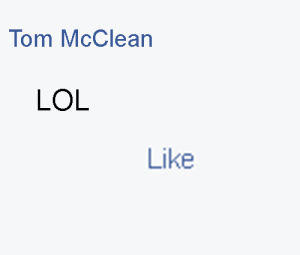
Bullying – Isolation and Intimidation |
Bullying is unwanted, aggressive behaviour that is repeated or has the potential to be repeated. Bullying includes actions such as threats, teasing, spreading rumours, attacking someone physically or verbally, and excluding someone from a group on purpose.
Young Carers │
Anna’s mam has cancer and is in a hospice where she is being cared for, so Anna’s sister Grace, looks after her. It is hard for them to manage all of the household chores and they don’t want social services to find out they are struggling to cope.
Bullying – Cyber Bullying │
Both boys and girls from school send hurtful texts and post abuse about Anna on social media sites. They threaten her with sexual and physical violence.
Cyberbullying is bullying that takes places using mobile phones, computers and tablets. Social media sites, text messages, chat and websites are used to say hurtful things, to threaten and intimidate the victim.



Sexuality and Homophobic Bullying │
People from school bully Anna saying she dresses like a boy and spread rumours about her sexuality, but Anna has never actually opened up about the homophobic bullying. Her friend Chloe asks her if she is gay.



Bottling Things Up │
The teachers at school know that things at home are difficult but they think Anna’s aunty is helping her and her sister Grace. Anna finds it hard to talk about her ill Mother and her unstable home life.
Bullying – Verbal and Physical │
Girls gang up on Anna in the school toilets, trapping her and threatening her with physical violence.


